Under the scorching sun of the Gobi Desert, where temperatures swing between blistering heat and freezing nights, one Chinese motorcycle rider has been documenting an extraordinary journey of survival and endurance. Zaker, a relatively unknown name in international rally racing before this expedition, has been capturing global attention with his raw, unfiltered diary entries that reveal what it truly means to compete in one of the world's most unforgiving landscapes.
The vast expanse of the Gobi presents challenges that go beyond ordinary motorsport difficulties. Zaker's writings describe how the desert doesn't just test a rider's skill, but their very will to continue. Each morning begins with the ritual of digging his motorcycle out of the sand that inevitably buries it overnight, a process that can take hours before the first kilometer can even be attempted.
What makes Zaker's account unique isn't just the physical hardships, but the philosophical reflections interspersed throughout. "The desert shows you what you're made of," he writes in one particularly poignant entry. "Not your bike, not your gear - those are just tools. It strips away everything until only you remain." These moments of introspection have resonated with followers worldwide, transforming what could have been just another adventure blog into something far more profound.
Navigation in the Gobi proves to be a constant battle. Zaker describes how the landscape tricks the eyes - what appears to be solid ground often collapses into fine sand that swallows tires whole. Distances become meaningless when progress is measured in inches rather than miles. His detailed accounts of using the stars for navigation when GPS fails have become required reading for aspiring desert riders.
The mechanical challenges alone would break most competitors. Zaker's diary documents the constant maintenance required to keep his motorcycle functioning in an environment where sand infiltrates every moving part. Improvised repairs using spare parts, duct tape, and sometimes pure imagination fill many pages of his records. One particularly dramatic entry describes fashioning a replacement clutch cable from parachute cord when the original failed hundreds of kilometers from support.
Perhaps most gripping are Zaker's accounts of surviving sandstorms. He writes with vivid intensity about being caught in storms where visibility drops to zero and the only option is to shelter behind the bike, wrapping himself in whatever fabric he can find while the desert tries to erase him from existence. These passages read more like survival literature than sports reporting.
Water management emerges as a recurring theme throughout the diary. Zaker details his strict rationing system, the constant search for potential sources, and the psychological toll of perpetual thirst. His description of finally reaching a rare desert well after three days of severe rationing stands as some of the most powerful writing to come out of motorsports in recent memory.
The physical toll of the journey appears in gradual revelations throughout the entries. What begins as complaints about standard fatigue evolves into graphic descriptions of saddle sores that won't heal, fingers that won't straighten from constant vibration, and the peculiar sunburn patterns that form around goggles and helmets. Yet through it all, Zaker's tone remains remarkably free of self-pity.
Interspersed with the hardships are moments of breathtaking beauty that only the Gobi can offer. Zaker writes lyrically about sunrises over dunes that stretch to the horizon, about nights so clear the Milky Way becomes a navigation tool, about the sudden appearance of desert wildlife that seems impossible in such barrenness. These passages reveal why riders continue to challenge the desert despite its dangers.
As the journey progresses, a subtle transformation occurs in the diary's tone. The initial focus on speed and competition gives way to a deeper understanding of the desert's rhythms. Zaker begins measuring success not in positions gained but in lessons learned. "The Gobi doesn't care about your finish time," he notes in one late entry. "It only cares if you finish at all."
The diary has unexpectedly become a manifesto of sorts for a new generation of adventure riders. Where traditional motorsports journalism focuses on winners and losers, Zaker's account speaks to something more universal - the human capacity to endure, adapt, and find meaning in extreme challenges. His unvarnished prose, free of corporate sponsorship speak, has struck a chord far beyond the motorcycle community.
Now nearing the end of his crossing, Zaker's writings have taken on a reflective quality. The desert that initially appeared as an adversary has become something more complex - a harsh but honest companion. His final entries suggest that the greatest challenge wasn't the physical crossing, but the internal journey it demanded. As he prepares for the last leg, one senses that for Zaker, like for all who truly engage with the Gobi, there will be no real finish line - only the next beginning.
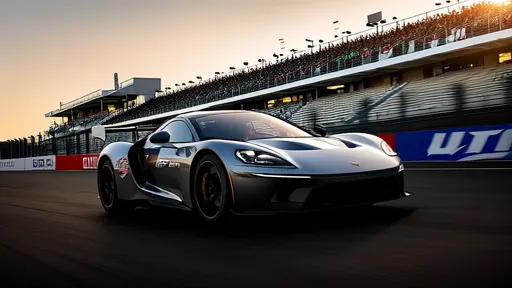
By /Jun 14, 2025

By /Jun 14, 2025
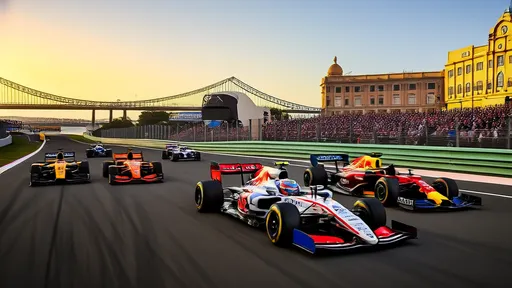
By /Jun 14, 2025
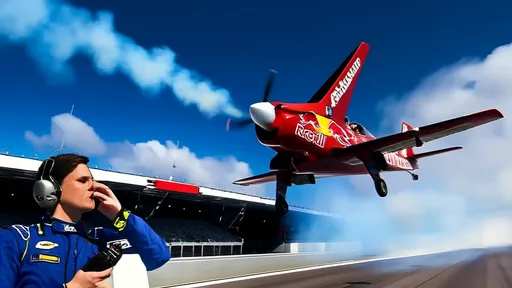
By /Jun 14, 2025
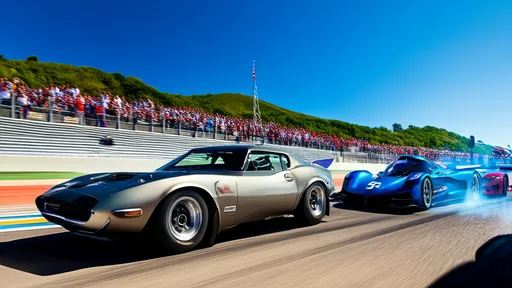
By /Jun 14, 2025
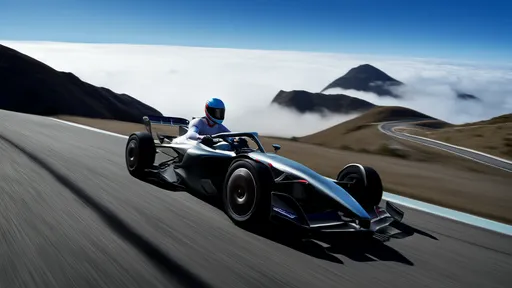
By /Jun 14, 2025
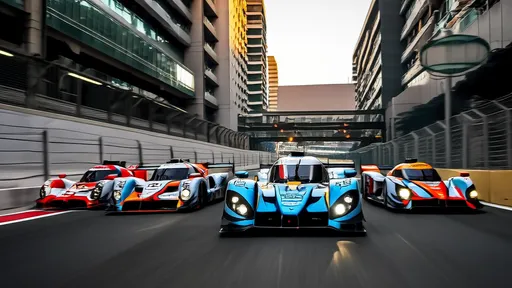
By /Jun 14, 2025

By /Jun 14, 2025

By /Jun 14, 2025

By /Jun 14, 2025
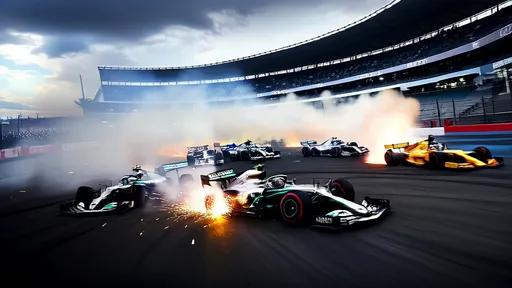
By /Jun 14, 2025
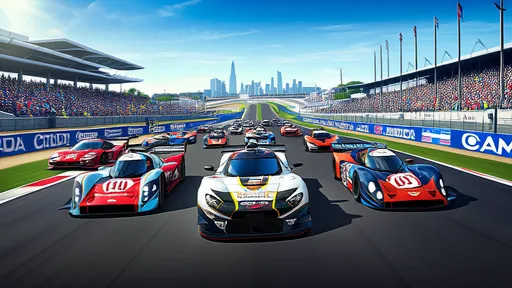
By /Jun 14, 2025
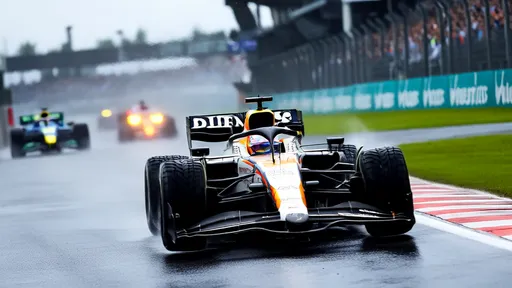
By /Jun 14, 2025
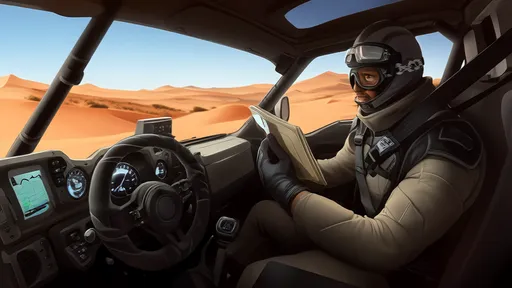
By /Jun 14, 2025
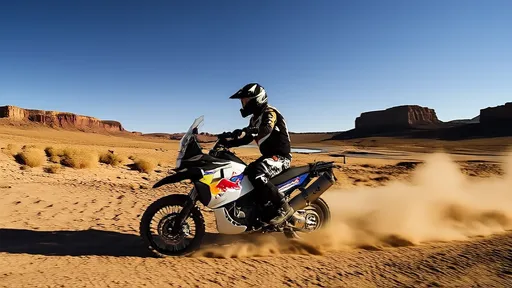
By /Jun 14, 2025

By /Jun 14, 2025

By /Jun 14, 2025